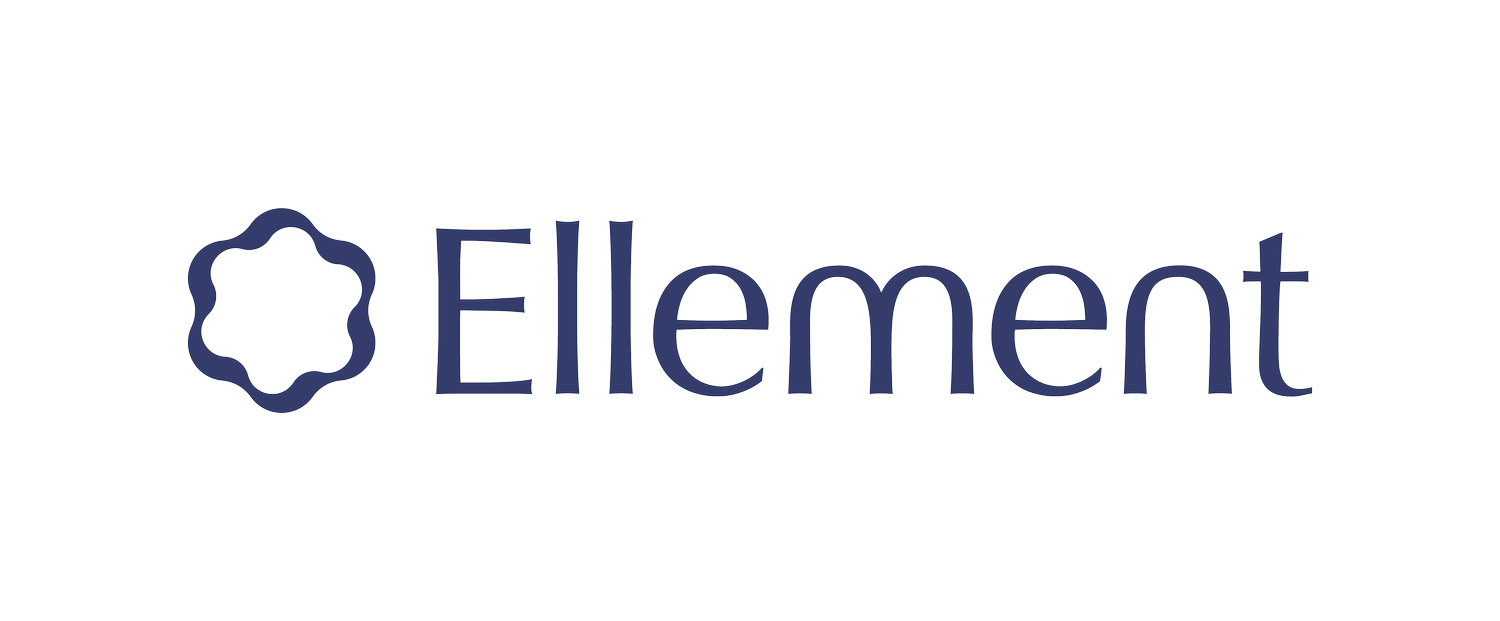Vitamin B12
Vitamin B12
-
Vitamin B12, also known as cobalamin, is a water-soluble vitamin that plays a vital role in several physiological processes in the body. It is a member of the B-vitamin complex, but is unique among the B vitamins as it contains a trace mineral, cobalt, at its center.
-
Vitamin B12 is involved in the metabolism of cells, DNA synthesis, and the formation of red blood cells.
-
Vitamin B12 is naturally found in animal-based foods such as meat, fish, poultry, eggs, and dairy products.
-
Vitamin B12, or cobalamin, exists in several different forms, and Ellement provides a blend of 50% as Adenosylcobalamin and 50% as Methylcobalamin. These are widely considered to be the most beneficial forms of B12 due to their status as active coenzyme forms. They are readily utilized by the body without the need for conversion, making them available for immediate use in various biochemical reactions. These forms are associated with neurological health benefits, supporting cognitive function and nerve signaling. They also work synergistically in processes such as DNA synthesis, red blood cell formation, and nervous system function.
-
There is no established tolerable upper intake level (UL) for B12, as there have never been reported cases of toxicity. Vitamin B12 is generally considered safe and non-toxic, even at high doses. The body has efficient mechanisms for regulating the absorption, utilization, and excretion of excess B12. As a water-soluble vitamin, any excess B12 that is not needed by the body is typically excreted through urine.


